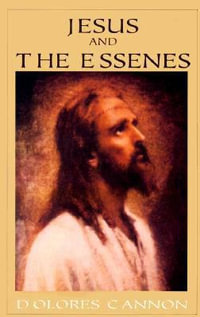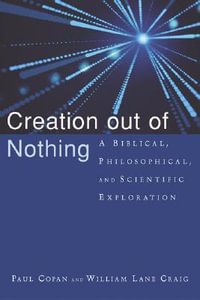This book discusses the ethically problematic passages of the Hebrew Bible and the way scholars have addressed aspects of the bible generally regarded as offensive and unacceptable.
In this work Eryl W. Davies sums up a career's worth of in-depth reflection on the thorny issue of biblical ethics examining the bible's, at times problematic, stance upon slavery, polygamy and perhaps its most troublesome aspect, the sanctioning of violence and warfare. This is most pertinent in respect to Joshua 6-11 a text which lauds the 'holy war' of the Israelites, anihiliting the native inhabitants of Canaan, and a text which has been used to legitimise the actions of white colonists in North America, the Boers in South Africa and right-wing Zionists in modern Israel.
Davies begins with an introductory chapter assessing all these aspects, he then provides five chapters, each devoted to a particular strategy aimed at mitigating the embaeeassment caused by the presence of such problematic texts within the canon. In order to focus discussion each strategy is linked by to Joshua 6-11. A final chapter draws the threads of the arguments together and suggests the most promising areas for the future development of the discipline.
SHORT BLURB
Discusses the ethically problematic passages of the Hebrew Bible and how scholars have addressed texts considered offensive or unacceptable, such as Joshua 6-11 that praises the 'holy war' of the Israelites to annihilate the native inhabitants of Canaan - a text that has been used to legitimise the actions of white colonists in North America, the Boers in South Africa and right-wing Zionists in modern Israel.
Industry Reviews
Eryl W. Davies is one of the keen observers of interpretive method in the contemporary study of the Hebrew Bible. In this eminently readable volume, he turns his perceptive eye to ethically problematic texts, especially those tied to "holy war." This volume will help those who study these texts see the implications of their approaches and more carefully craft their interpretive efforts. The concluding chapter articulates nicely a constructive approach to the place of readers in the task of interpretation. Both scholars and students will find much in The Immoral Bible to aid their work. It is a model of how attention to method can actually assist in the task of interpretation.
goodbookstall.org.uk
























